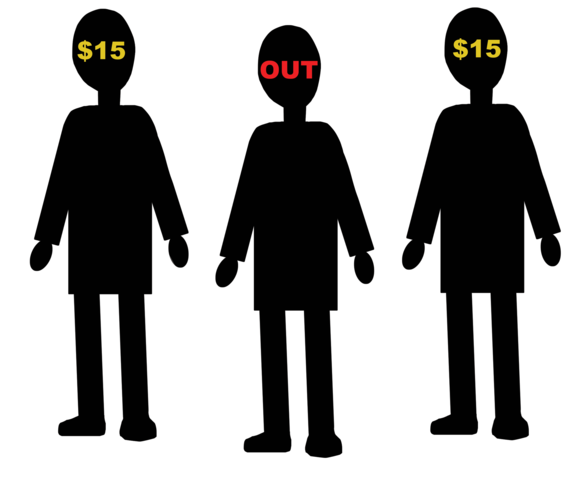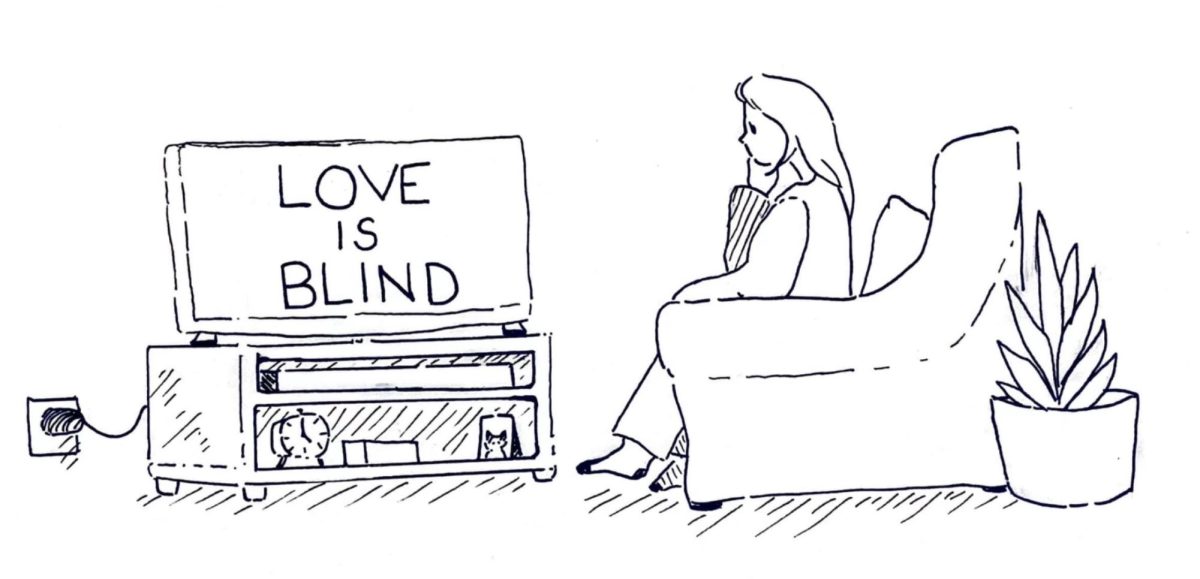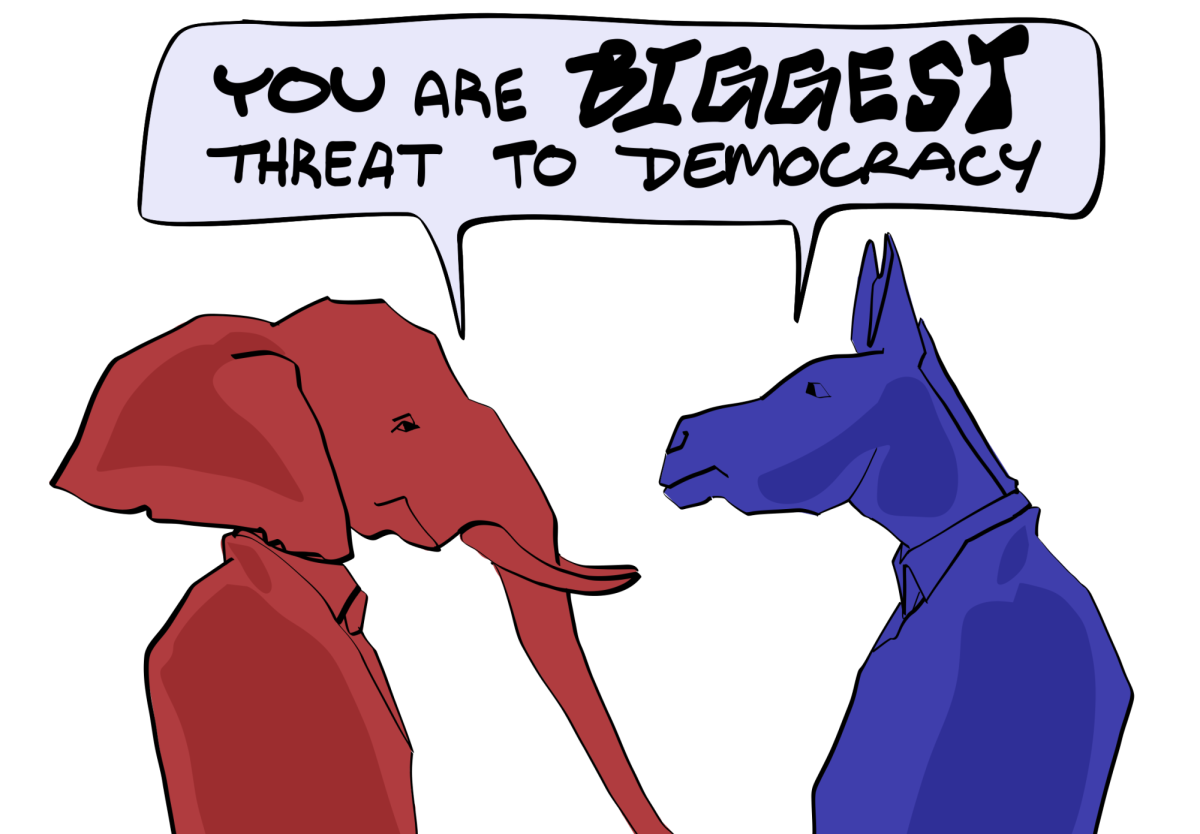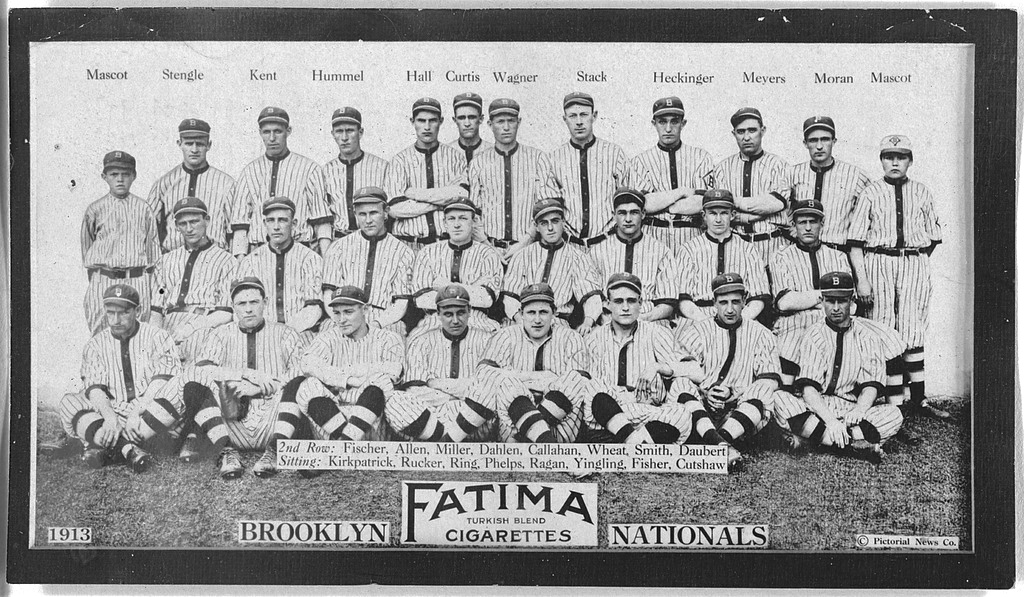On April 4, Gov. Jerry Brown signed legislation to raise the state’s minimum wage. This new bill aims to raise California’s minimum wage from $7.25 to $15 per hour by 2022.
This wage hike will affect over 5 million workers. While there is a ton of support for this bill coming from different places and while Brown emphasizes the moral purpose of raising the minimum wage, I would argue that this bill has good intentions with bad consequences.
Brown’s reasoning is: “A worker is worthy of his or her hire, and to be worthy means they can support a family.”
It’s easy to understand the position of those who advocate raising minimum wage. The cost of living keeps going up while earnings stay stagnant. People need higher wages to support their family. Plus, when people have more money the purchasing power of consumers will go up, thus helping the economy.
While I can sympathize with these points, the problem is that this encourages low-wage jobs.
If you look at the numbers over recent years, there has been job growth since the recession in 2008. Except most of the jobs created have been low-wage ones. These include food service, home health care and retail jobs. Since the recession, there have been over 1.8 million low-wage jobs added to the economy while middle and higher wage jobs have each lost over 1 million.
Working a minimum wage job was never meant to be a career choice, and if you would like to raise a family it would be smart to gain skills for higher wages.
Today Bernie Sanders and his campaign point out that youth unemployment for whites and Hispanics are each over 33 percent and for African-American youth it is over 50 percent. Could this be correlated to the fact that people are taking food service and retail jobs as career paths, leading adults to take the jobs meant for high schoolers and young adults?
Apparently so. A survey from FiveThirtyEight found that more than half of the 3.2 million low-wage workers they talked to were over the age of 25. By this age, people should be trying to better themselves and move up a career ladder, not finding a way to make more money for the same work.
There is also a false notion that raising the minimum wage could somehow decrease the pay gap. However, it’s not that simple.
Increasing minimum wage could have the exact opposite effect and only help big corporations. While companies making billions of dollars a year can afford to take this hit, small businesses can’t afford to pay their workers these higher wages. Now it is much harder for someone who wants to start their own business to get their feet grounded, and so small businesses lose while corporate giants have less competition to worry about.
Brown may have a point. There is some obligation from a community to make sure everyone is taken care of. What I’m saying is that raising the minimum wage may not be the solution.
Another solution is much simpler: Bring back all the middle and higher wage jobs.
As I pointed out earlier, since the recession, we have lost a ton of middle and higher wage jobs. Where did they go? These jobs didn’t just vanish into thin air, they just moved overseas.
The Economic Policy Institute found that since 2001, the U.S. has lost over 3 million manufacturing jobs due to our trade deficit with China.
Companies outsource jobs mainly for two reasons. The first is cheaper labor. So as minimum wage increases to $15 an hour, you can bet that some companies will want their products made overseas where labor won’t cost as much.
The second reason is trade agreements. Things like NAFTA and the TPP bill offer free trade between countries and make it cheap for companies to work off shore. So logically if you reversed these bills and taxed trade deals, you would discourage outsourcing and provide incentives for companies to come back to the U.S. and create jobs here.
While I can back Brown’s intentions of the wage hike, I don’t think that his route is necessarily the best. All options should be considered, and all angles should be closely looked at. Everyone wants the same thing: to be stable and taken care of. I don’t see raising minimum wage getting us where we want to be.
Jeff Guzman can be reached at [email protected] or @theorion_news on Twitter.













Jana Travis // Apr 30, 2016 at 10:02 am
A living wage is enough to get people off of welfare so tax payers don’t have to subsidize Corporations that are making record breaking profits. Get It?
Jana Travis // Apr 30, 2016 at 9:59 am
Raising the minimum to $15 an hour by 2022 (Six years from now) is just throwing crumbs. We need it raised now! The minimum wage will need to be raised again by 2022.